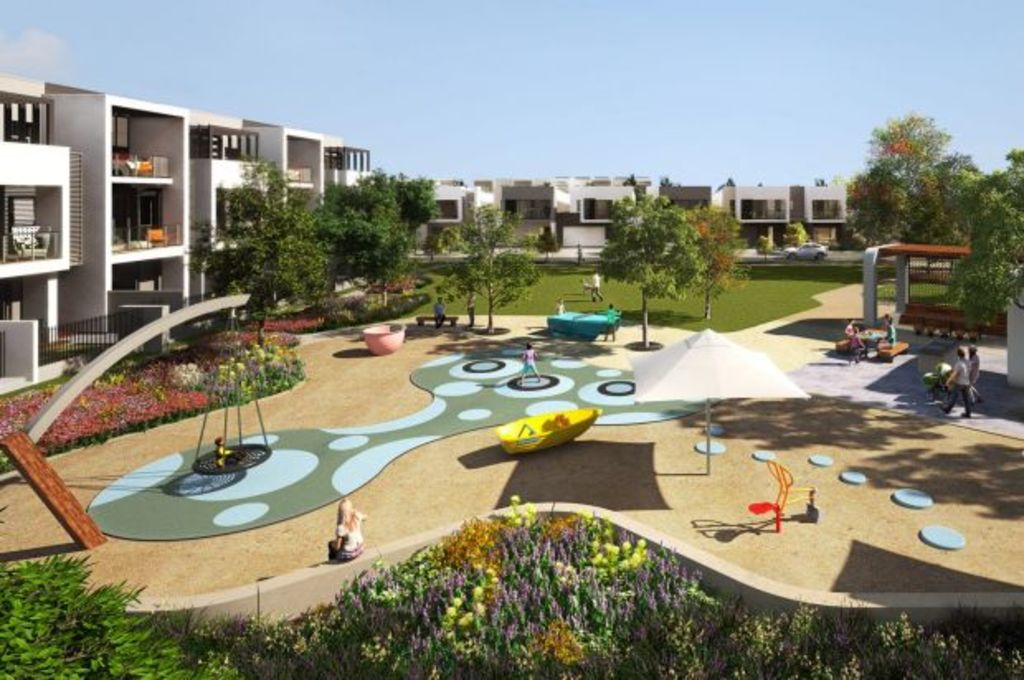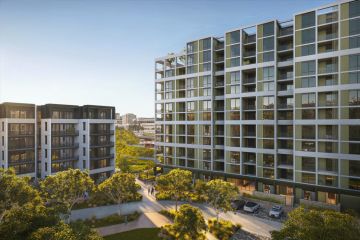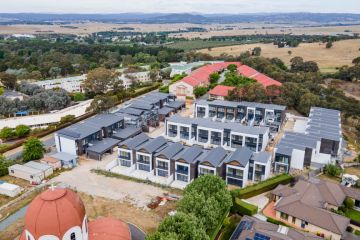An experiment to see if the average Aussie family can live in a house with no bills

How would you like to live in a home that texts you when you’re using too much power? One where if there’s enough sun, the blinds will open and superfluous lighting will be turned off. Where the air-con and heating systems will prepare for your arrival.
And most importantly, where you won’t have to pay a cent for electricity.
This could be what life in the future will look like.
As an experiment in energy efficiency, developer Mirvac and Schneider Electric are building a “House With No Bills” to see if smart technology can help a family live in the house for a year without incurring any energy or gas bills.
They will be tested at three, six and 12-month intervals to see how they have adapted to living with all the additional smart technology.
The 12-month experiment will centre on a specific home being built in a $130 million housing development in the Melbourne suburb of Cheltenham.
Software will monitor the home’s solar, battery and electricity use, with an app that reports when the family are using their appliances. Their peak and off-peak usage can then be analysed, and the performance of the solar and the battery systems can be modified to maximise efficiency.
With careful management of the solar power generation and storage and by controlling and timing appliance use, the family should be able to avoid incurring power bills entirely.
The family will be given feedback on the way they have been living and how they can improve their own energy efficiency.
Automation will be reduced for the final nine to 12-month period, so the team will be able to assess how and what changes the family might implement.
Isaac Kim, Smart Space Residential Manager of Schneider Electric, said that Mirvac wanted to invest money into investigating if Smart Homes could provide a realistic solution to the challenges of rising energy bills.
“Does it actually save not only dollars, but does it actually reduce the carbon footprint of a home?”, he explained.
The selected family, who had to “audition” for the role, aren’t particularly tech-savvy or eco-friendly, Mr Kim said.
“We also talk to the family, to make sure it’s not disturbing their lifestyle. We want to be invisible, behind the scenes,” he said.
The results of the experiment will be presented at the 2019 Innovation Summit.
We recommend
We thought you might like
States
Capital Cities
Capital Cities - Rentals
Popular Areas
Allhomes
More
- © 2025, CoStar Group Inc.






